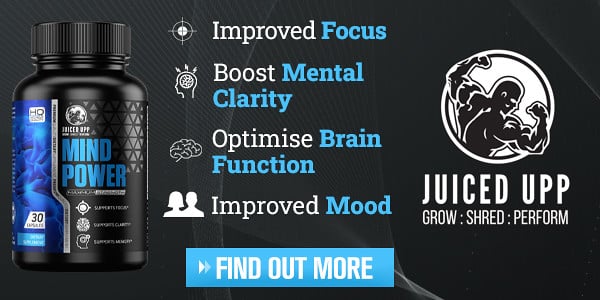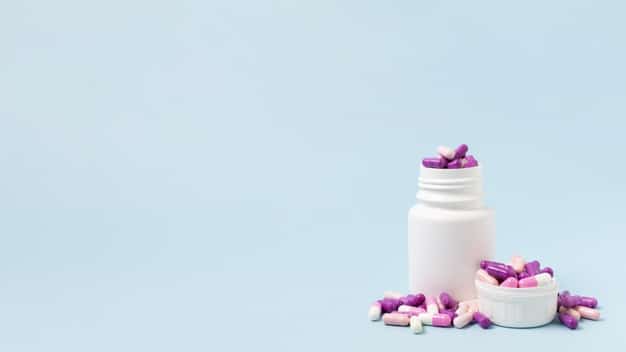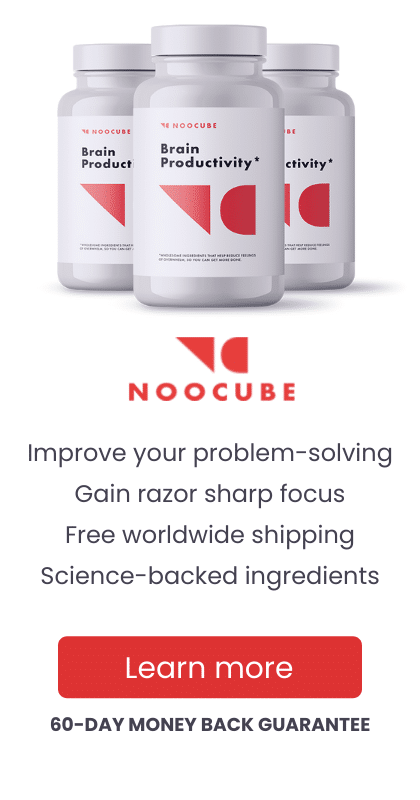Centrophenoxine, otherwise known as Meclofenoxate or Lucidril, is a nootropic that has been studied for decades for its cognitive enhancing abilities. It is a combination of two chemicals, Dimethyl-aminoethanol, or DMAE, and Parachlorphenoxyacetic acid, or pCPA. DMAE is a substance naturally found in some fish and the human brain, and it is believed to bring on a stimulant effect over the mind.
The other chemical, pCPA, is a synthetic version of a plant growth hormone. DMAE is the main component of the compound and, on its own, has trouble permeating the blood-brain barrier. When the substance is combined into Centrophenoxine, it is then able to cross the barrier and enter the brain quickly and effectively.
Medical History
Centrophenoxine was developed in 1959 and continues to be studied for its possible ability to improve degenerative brain disorders such as Alzheimer’s and other related dementias. The nootropic is currently able to be purchased over the counter without a prescription. While it has been investigated for several decades, the nootropic does not have enough conclusive evidence to support its potential benefits and safety. The FDA has therefore not approved the nootropic as an official treatment of degenerative brain disorders.
Benefits
While Centrophenoxine claims to improve the cognitive abilities and functions in those diagnosed with Alzheimer’s disease or other dementias, the exact mechanism of action of the nootropic is still being studied. Current research points to several possible ways that it can improve cognition, including protecting neurons from oxidative stress, increasing glucose to promote blood flow to the brain, increasing the amount of acetylcholine in the brain, increasing RNA production, and reducing lipofuscin waste in the brain’s cells.
With those mechanisms of action, the nootropic could potentially provide a host of benefits, including:
- Protecting nerve cells from damage due to toxins or stroke
- Providing mood-boosting effects
- Reduction of anxiety
- Reversing the effects of aging
- Increased life span
- Improvement in memory
- Improvement in the ability to learn and retain what was learned
- Increased energy
Side Effects
Centrophenoxine has been widely studied and is regarded as relatively safe and highly tolerable in most individuals. But it is always recommended to use caution when trying a new dietary supplement, and this one is no different. There are still side effects that have been reported, from mild to more moderate, but the nootropic is overall considered non-toxic. The most common potential side effects noted when taking the supplement include nausea, stomach cramps, mental fog, headache, increased anxiety, dizziness, insomnia, restlessness, muscle tension, depression, muscle tremors, and gastrointestinal issues.
There have been a few cases reported of severe adverse reactions during clinical trials. The reactions noted were cardiac arrest, seizures, and cardiac failure that led to death.
The nootropic is not recommended for individuals with seizure disorders, Parkinsons disease, depression, or bipolar disorder, as the increase in acetylcholine can worsen the symptoms inherent in these disorders. It is also not advised to take the nootropic if an individual is pregnant or breastfeeding due to the lack of scientific information on the safety of the supplement.

Dosage
Centrophenoxine is not an FDA approved drug and does not have a standard dosage amount. For the most accurate dosage, it is recommended to take the supplement under the guidance of a healthcare provider. Otherwise, the usual dose in clinical trials was 600 mg to 2,000 mg a day, these doses were typically divided in half, and one was taken at breakfast and another at lunch. The standard capsule of the nootropic will usually contain 200 to 300 mg of the supplement.
Overall, Centrophenoxine shows promising potential as a potent treatment for Alzheimer’s disease and other degenerative brain disorders. While more research is needed to prove the benefits and relative safety of the nootropic, currently, is it noted as relatively safe to consume.


